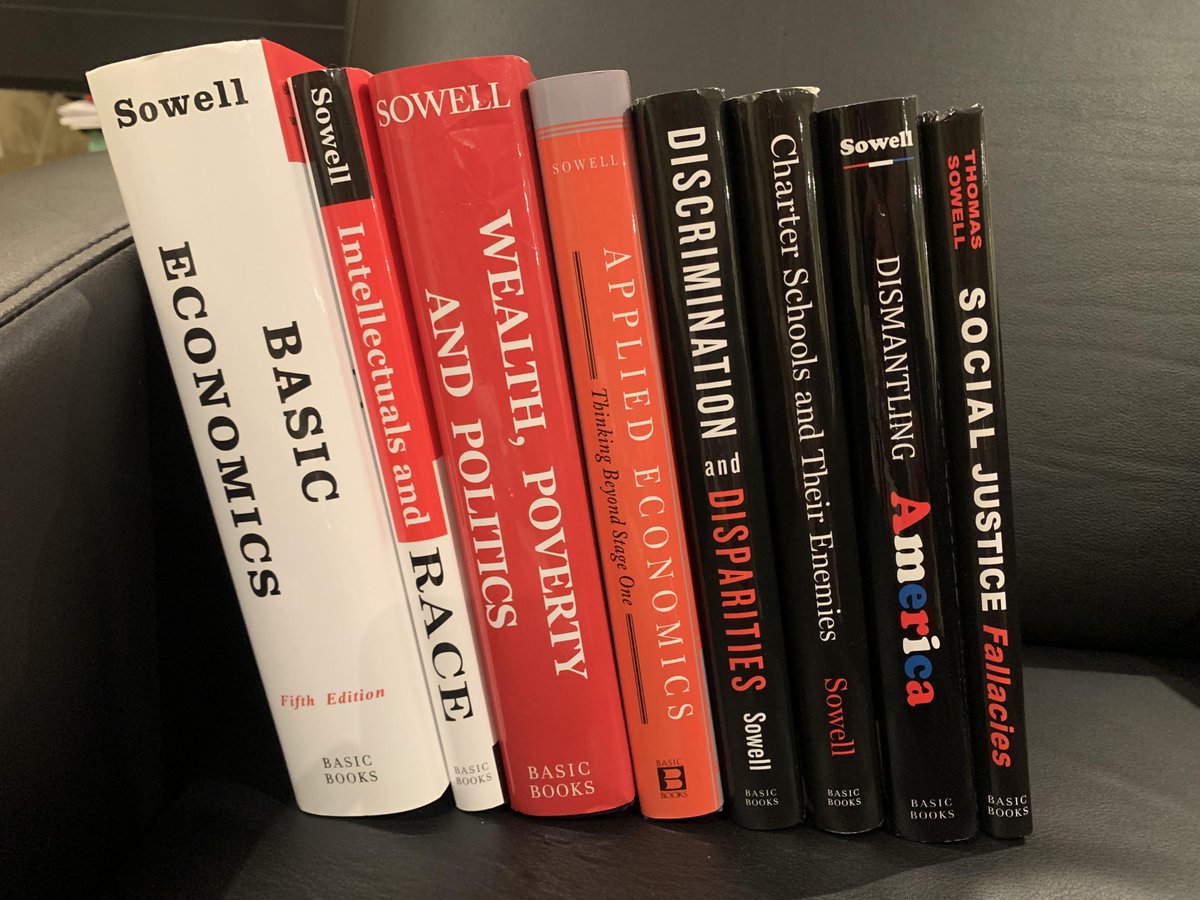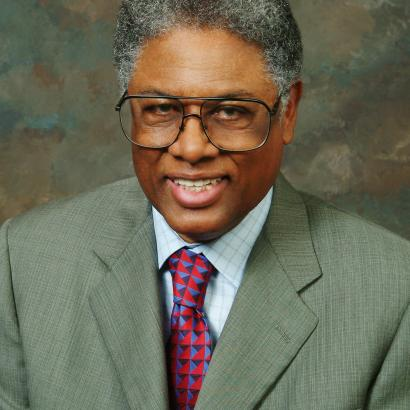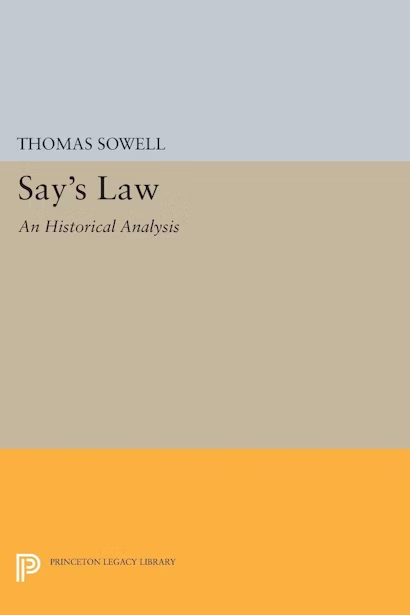Hi @MayorDanGelber, can we retire these #USA flags at 41st Street and Alton Road and replace them with new ones? Their ends are torn and they have done their service. Happy to help donate new ones cc: @MiamiBeachNews @MiamiHerald #USA #America #KeepAmericaGreat #SuperBowlLIV
Thank you @MayorDanGelber for fixing the American flags! The new flags on 41st Street look fantastic! @MiamiBeachNews
• • •
Missing some Tweet in this thread? You can try to
force a refresh






















